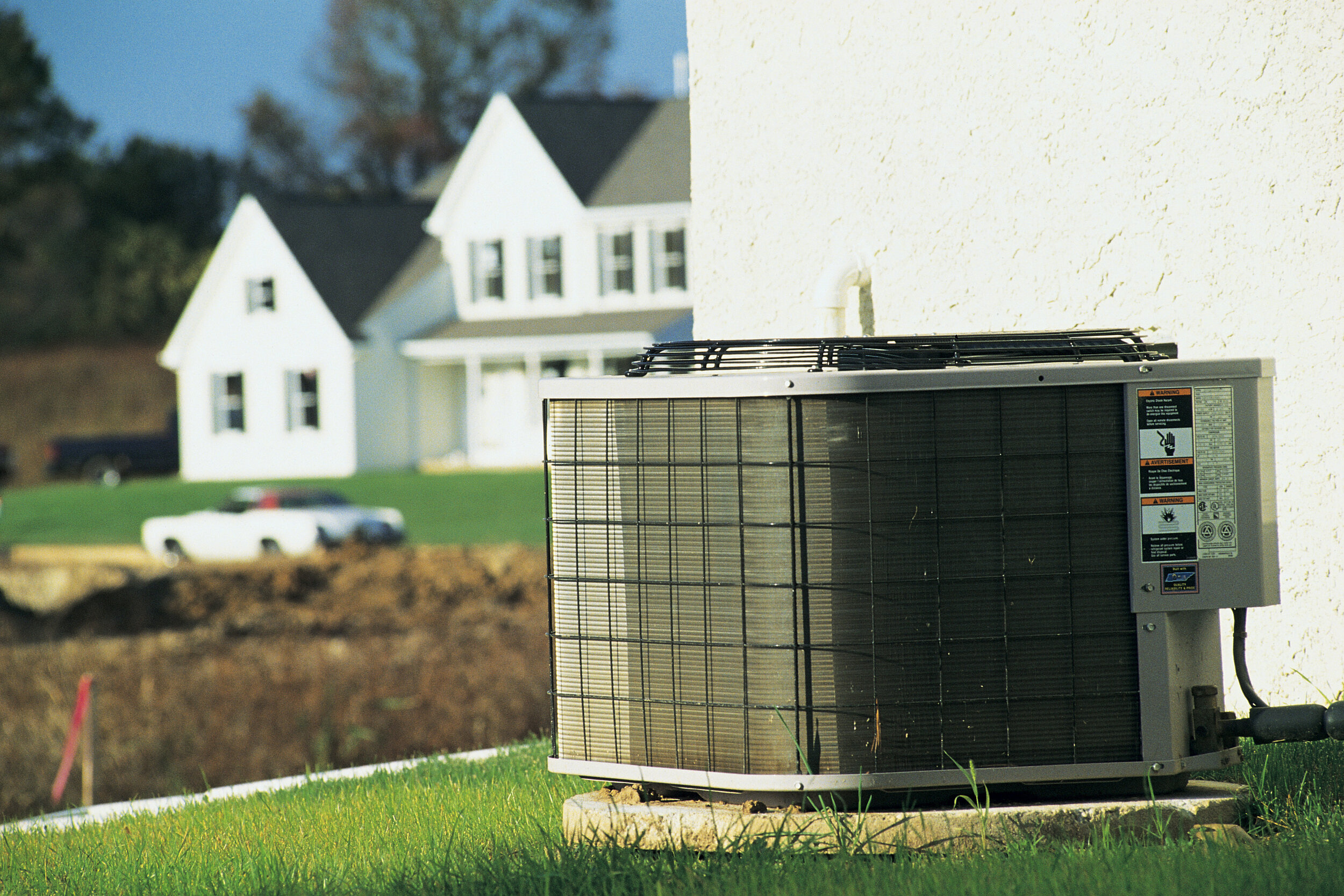Face It, Your Air Conditioner Needs To Be Replaced
Depending on the climate where you live, you might not notice that your air conditioner needs some TLC until you’re in the midst of a heat wave. But by then it could be too late, and you’ll likely pay top dollar to an HVAC specialize to quickly remove, repair, and install your new AC.
If your HVAC professional says that you need to replace your unit, get a quote and then call another expert for their recommendation. Always get a second opinion from a professional when it comes to replacing large, expensive mechanicals in your home.
Air Conditioning Replacement or Air Conditioning Repair Service?
Replacing an air conditioner can be pricey. But most repairs are also expensive.
Repairs can range from $125 - $2,000+ to repair your whole house unit
Replacement units plus installation generally start around $4,000 and can go up as high as $10,000 to cool 1500-1750 square feet.
The air conditioner brand, SEER rating (the higher, the more efficient), size (total BTUs) and other factors play into the air conditioner replacement cost. If you have to repair existing ductwork, you can expect to add up to $3,000 or more to the price. Adding ductwork where it doesn’t exist can bring your total closer to $9,000+.
So many variables go into air conditioning replacement and installation, that the best way to get an accurate quote is to contact a professional.
Your Air Conditioner Is Old
Here’s a good rule of thumb: A repair might be worth it, if the cost of the repair multiplied by the age of the ac unit in years is less than the cost of an air conditioning replacement.
In other words, a $1,000 repair on a 9-year-old unit might not be worth it, but the same repair on a 3-year-old unit would make sense.
Most experts recommend that you shop for a new unit once your HVAC system is 10 years old. If it’s not giving you any problems, you don’t need to splurge on a new one right away. But, you should be prepared in the event it stops working without warning.
Older air conditioning models typically use R-22 refrigerant, which is all but phased out. Newer models operate with R-410a refrigerant, which is touted as more environmentally friendly.
If your unit is leaking coolant, this is typically a sign that you’ll need to call an ac repair service to replace your unit. The loss of coolant is both a sign of a larger problem with your central air system, and can be devastating for the environment.
Because manufacturers are no longer supplying R-22 refrigerant, demand is higher than it used to be. Continuing to replenish an older air conditioner leak with this type of refrigerant is like throwing money away.
The Air Doesn’t Feel Cool Enough
Use an infrared thermometer to gauge the temperature of the air coming out of your vents. If cool air is coming out, but the thermostat isn’t registering the correct temperature, you could have a problem with the thermostat.
Sometimes, the problem isn’t the temperature. Instead, you might just have poor airflow. This could be a sign of an inadequate compressor, dampers set in place, or simply a duct problem. Again, someone who provides professional AC repair services might be able to help you pinpoint the issue so that you don’t have to guess and make a costly error.
Your Energy Bill is Increasing
Has your energy bill increased over the past several months or years? If you notice spikes but haven’t made any changes to your energy usage, the culprit might be your air conditioner.
As your HVAC unit ages, it stops working as efficiently as it once did. You can spend the extra dollars on your power bill, but you’ll likely save money in the long run by replacing it.
Even if you don’t need a new air conditioner, it will probably need to be repaired if it’s working harder than it has to. Leaks in the ductwork or a broken thermostat switch could also make your energy bill skyrocket.
In some cases, your air conditioning unit might not be the ideal size for your home. Have a professional gauge this when you call for an estimate.
If your air conditioner was installed 10+ years ago, it probably won’t cool your house as efficiently today due to wear and tear, and the advancement of technology in the HVAC sector.
If you decide to replace your air conditioner, make sure that the professional who installs it calculates appropriate BTUs you need for operational efficiently. Some HVAC companies will simply replace your old unit with another of the same size. But newer models are made differently than they used to be.
Tip: Just be sure that the new unit’s BTU output fits the preexisting duct size. Additional BTUs won’t necessarily provide stronger air flow if the ducts aren’t big enough to accommodate the additional force. Also, bigger is not always better. Your unit should match the size and layout of your home to deliver the optimal amount of heating and cooling.
Should You Just Replace the Air Conditioner Coil?
The air conditioner has two coils. The evaporator and condenser coils work together to move coolant through the unit and absorb the heat in the air so that cold air can flow out through your vents.
The air conditioner coil is a major part of your HVAC system. If it doesn’t work properly, you’ll experience some symptoms of a poorly functioning air conditioner, including:
• Warm air coming through the vents
• Frequent starting and stopping of the HVAC system
• Hissing or clanking sounds coming from the air conditioner
• Air conditioner leaks
Over time, it’s normal for the air conditioner coils to become damaged. One of the main reasons that an evaporator coil might fail is that it erodes over time. The coolant that runs through the metal tubing causes the lining to deteriorate. Cleaning the coils with certain chemicals can also make them erode.
As they wear down, the coils may leak. At that point, refrigerant seeps out. The result is that your air conditioner doesn’t cool your home as well as it used to. Depending on the problem, you could top off the coolant, repair the coil or replace the entire system.
If the unit is older, the coil may be obsolete. In that case, you might not be able to purchase a part that matches your system. If the unit is newer or under warranty, you might save money by replacing the coil instead of the entire air conditioner.
Should You Just Replace the Compressor?
You could replace the compressor instead of the entire unit, but that’s a time-consuming and labor-intensive job. Plus, an AC compressor cost could put you out up to $2,800 or more.
If your HVAC is still under warranty, it might be worth it to replace the compressor. You may have to pay for labor, but the manufacturer or service company should cover the AC compressor cost. Still, labor could cost on average $1,200.
Otherwise, take the unit’s age in to consideration, and opt to install a new unit.
Should You Fix The Air Conditioner Yourself?
You might be tempted to repair the air conditioner yourself. However, unless you’re a licensed HVAC professional, you should avoid handling coolant.
There are a few troubleshooting tips that you can use if you want to save money on repairs before you look into a the AC replacement cost.
Change the air filters twice a year, or more frequently depending on your usage and the climate in your area.
If the filters are dirty, they could be restricting airflow. A dirty evaporator coil could also cause your unit to freeze up.
Examine your ductwork. A little dust is normal, but extremely dirty duct can restrict airflow to the point where it causes your system to freeze.
If you’ve gone through a few troubleshooting tips and can’t determine the problem, call a professional. Get written quotes on recommended repair services, and air conditioner replacement costs. And get a second opinion.



